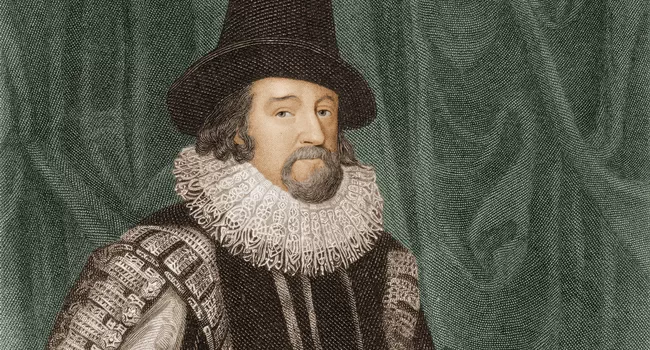Francis Bacon is widely considered as the father of modern essay. Through his essays he implemented the way of systematic thinking and the nature of social interactions. Human characters, nature and intentions are highly reflected through his essays. Bacon introduced a new form of composition into English Literature through his essays.
Bacon’s Point of view
Bacon was a man of logic. His essays are mainly developed in logical and systematical basement. The essays are written in verity of points of view. Through these points of view he covers many familiar topics such as truth, love, death, marriage, education, religion, child-rearing, evil and good, health and many more. All the topics are mainly developed on the stages of human nature and psychology. Actually these are analysis of human character.
Bacon’s style
Bacon states all the essays in to the point. Aphorism is the salient feature of Bacon’s essay. Aphorism is the terse expression of universal truth. This use of terse expression and epigrammatic shortness of sentences reflect the depth of Author’s personal experience. So it can be said that Bacon blended his personal experiences in his prose. Epigram is another prominent element of Bacon’s essay. Epigram is a brief, pointed and often witty statement which apparently self-contradictory. One of the chief characteristics of Bacon’s prose is epigram. As Bacon’s essays are argumentative in nature, his style becomes antithetical. There are number of quotations and allusions in his essays. Figure of speeches which Bacon used in essays are clearly state his ideas. Flexibility, wit and fun are also important styles of his essays.
Theme of Bacon’s essay
Bacon’s essays are developed in various themes. Every theme has a great variety from another theme. Essays often examine some abstract theme such as love, friendship, truth, anger etc. The essays are developed in the range from human to haven, from society to soul, from envy to triumph. In “Of Studies” we see Bacon emphasis on reading. Here Bacon explains reason and purpose of study. At the same time he suggests the mode of selecting right books for study. In “Of Truth” he suggest to manage truth in life. Like these in “Of Marriage and Single Life” he showed the importance of marriage. On Anger Bacon enlisted different causes of anger then offer solution.
Bacon and his thinking
Francis Bacon is mainly considered as the famous English essayist though he borrowed from another writers like Montaigne, Seneca, Aristotle.
In many aspects we can see Bacon changed his essays with the spirit and manners of Seneca. For him his essays are dispersed meditation and receptacle for detached thoughts. Influence of Machiavelli is mainly focused in Bacon’s Essays. Bacon’s Essays are highly practical and developed on the theme civil and moral. Utilitarianism is obvious in Bacon’s essays. He shrewdly instructed the way of leading perfect life. Bacon borrowed the form of essay from Montaigne, the great essayist of France. Both Montaigne and Bacon share the form of essay but not the spirit. Montaigne is mainly personal and familiar but on the other hand Bacon is formal, curt and impersonal. Montaigne appeals the heart but Bacon is to the head. Though they are different in thinking they are successful in their own field.
It is obvious to us that Bacon’s essays are mainly noteworthy. To English literature his essays are priceless acquisitions. The essays are classics of English prose. Thus, Bacon is a great essayist.

